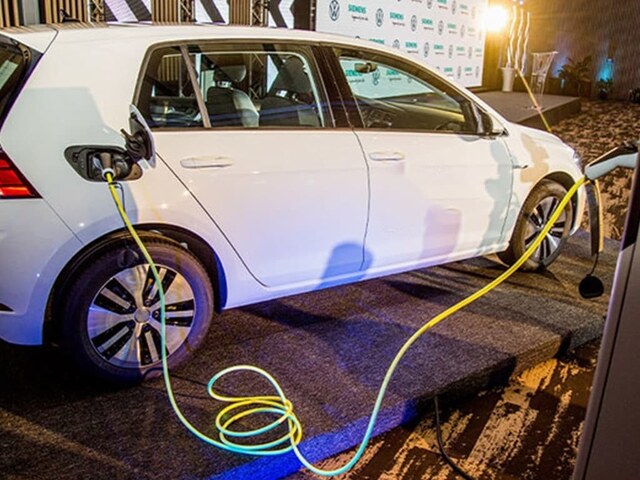ISLAMABAD: The National Assembly Standing Committee on Finance and Revenue on Thursday raised questions on the National Electric Vehicle (EV) Policy 2025-30, observing that it appeared to be more manufacturer-friendly rather than consumer-oriented, as the latter would have to pay a high interest rate of around 14 percent, besides no deletion programme is attached to it.
The committee also observed that the per-unit electricity rate for EV charging stations has been reduced from Rs. 92 to Rs. 39.7, but consumers would not get it at the reduced rate.
Saif Anjum, Secretary, Industries and Production, while briefing the committee, informed that the new EV Policy was cleared from the International Monetary Fund (IMF) under which the government would provide Rs. 100 billion in subsidies during the next five years to encourage EV adoption.
Anjum highlighted its key features, objectives, and procedural framework, while saying that it is expected to save USD 1 billion annually in oil imports.
He informed the Committee about the policy’s implementation strategy, incentives for manufacturers, and the overall roadmap for promoting electric mobility in the country.
The committee, while appreciating the initiative, expressed dissatisfaction with certain aspects of the policy, observing that it appeared to be more manufacturer-friendly rather than consumer-oriented.
The Committee further pointed out significant procedural shortcomings in the subsidy mechanism, vehicle registration process, and bank financing arrangements, and recommended that these issues be revisited to ensure transparency, efficiency, and broader accessibility for consumers.
The committee chairman stated that the policy was introduced after the federal budget’s approval and contained certain contradictions that needed clarification.
Secretary of Industries and Production said that the IMF has endorsed the EV policy and provided USD 1.4 billion in financing, while the International Finance Corporation (IFC) pledged a USD 1.8 million grant to support EV infrastructure.
He further stated that Pakistan currently has over 76,000 electric vehicles in operation, and several international manufacturers are planning to set up EV production facilities in the country.
Under the new plan, Rs. 80,000 subsidy will be offered on electric motorcycles priced at Rs. 250,000, while the per-unit electricity rate for EV charging stations has been reduced from Rs. 92 to Rs. 39.7.
The government aims to install 3,000 charging stations nationwide by 2030, with EVs expected to make up 30 percent of all new vehicle sales by then.
Charging stations will be regulated by the National Electric Power Regulatory Authority (Nepra), and owners will have the flexibility to set competitive charging rates. The Secretary of Industries also highlighted that widespread use of electric vehicles could improve public health, reducing the nation’s healthcare burden by up to USD 450 million through lower air pollution.
Dr. Nafisa Shah, MNA/Convener of the Sub-Committee, presented the report of the Sub-Committee on “The Parliamentary Budget Office Bill, 2025” (Private Member’s Bill). The committee appreciated the efforts of the sub-committee and formally adopted the report. However, detailed consideration of the report was deferred to the next meeting of the Committee for further deliberation and final decision.
Copyright Business Recorder, 2025


